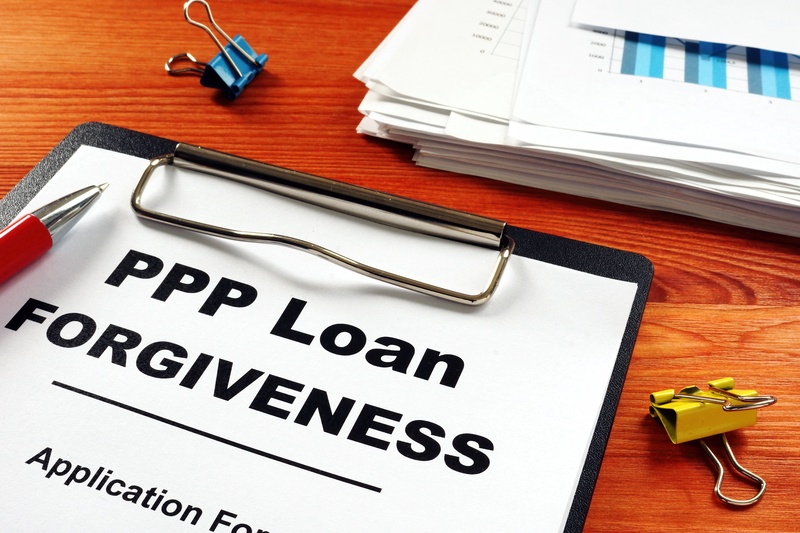Paycheck Protection Program Flexibility Act Passes Senate Easing PPP Loan Forgiveness Process
Published:Wednesday night, the U.S. Senate passed the House’s Paycheck Protection Flexibility Act bill, easing and extending the Payroll Protection Program (PPP) loan forgiveness process. The bill is heading to the President, who is expected to sign it.
The Paycheck Protection Flexibility Act allows current PPP borrowers to extend the 8-week loan forgiveness period to 24 weeks. New PPP borrowers will automatically have a 24-week loan forgiveness period that expires December 31, 2020. The bill also reduces the amount of loan utilization for payroll from 75% to 60%. However, under the new bill, you must use at least 60% of the funds for payroll or none of the loan will be forgiven. Previously, if you used less than 75% of the loan for payroll, it reduced the amount of the loan that was forgiven. Borrowers also have until December 31st (rather than June 30th) to restore their full-time equivalent (FTE) count and wages to pre-pandemic levels.
The bill also provides exceptions to the FTE reduction calculation. If you are unable to restore your FTE’s to pre-pandemic levels because you couldn’t rehire employees, couldn’t find suitable employees, or did not restore your business to pre-pandemic levels as a result of the pandemic’s impact on your business, you do not have to factor the reduction in FTEs into the loan forgiveness calculation.
In addition, the new bill allows businesses with PPP loans to delay payment of the employer share of payroll taxes (50% due during 2021 and the rest due 2022). With lender approval, current PPP borrowers can extend the loan payment period up to 5 years (was previously 2 years) and any new PPP loans issued will automatically have a 5-year payoff. The interest rate of the PPP loan remains at 1%.
Loan payments will be deferred until the SBA determines the borrower’s amount of forgiveness. Previously, loan payments were deferred for 6 months. A borrower must apply for forgiveness within 10 months after the end of the covered period. If they do not, payments will be required.
As always, we will continue to keep you posted as new developments occur with the PPP loan forgiveness process. Feel free to reach out to us if you have any questions.
